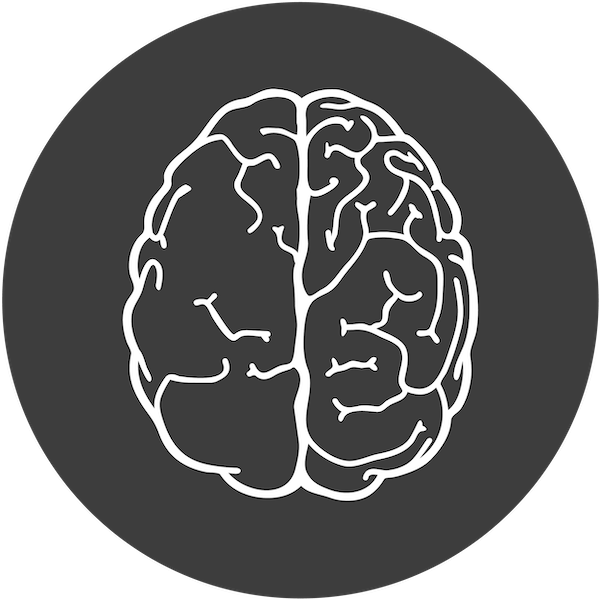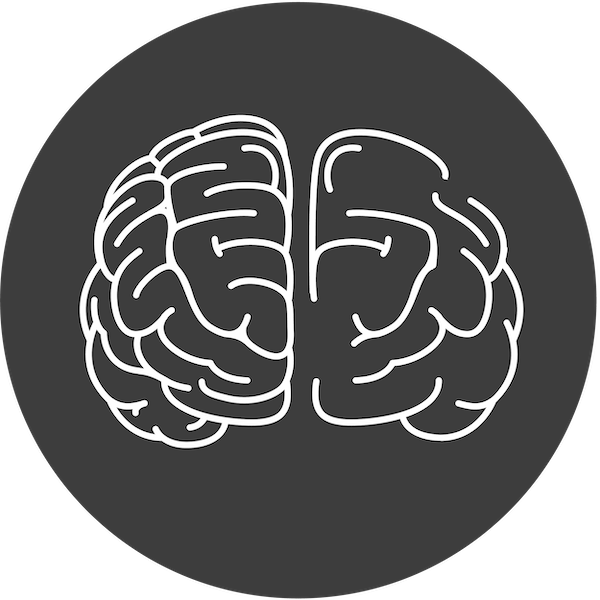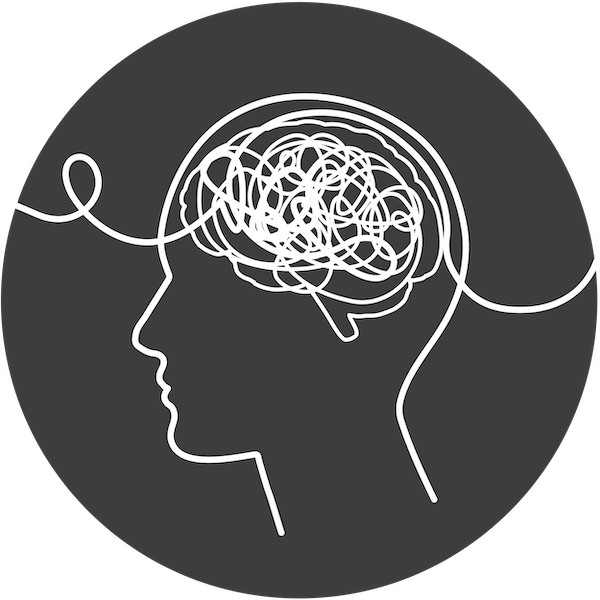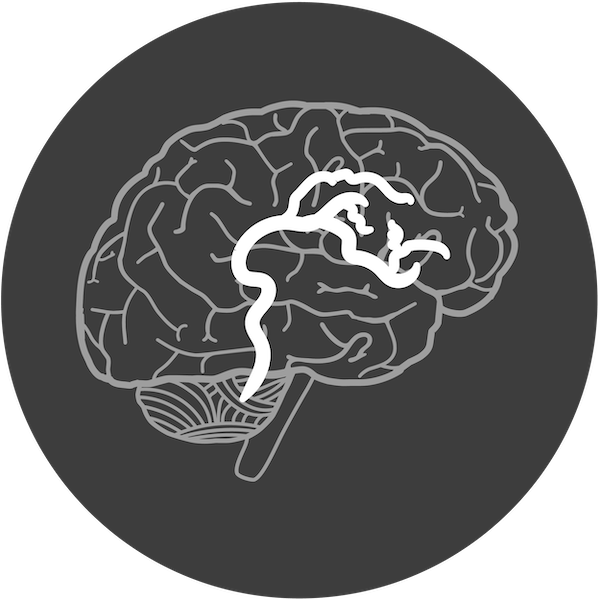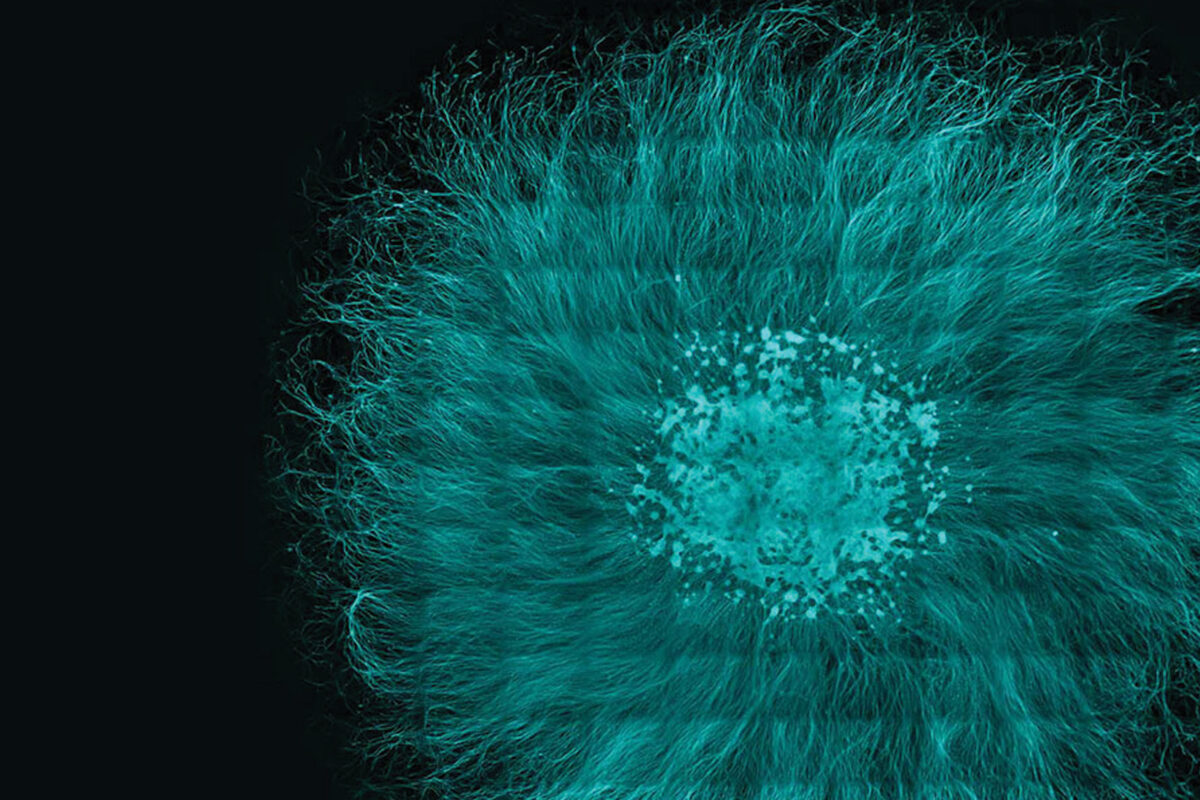
McDonnell Aircraft Corp. founder James S. McDonnell had a lifelong fascination with the workings of the brain. His family foundation endowed two centers in the 1980s to explore major issues in brain science — one focused on systems neuroscience and one on cellular and molecular neurobiology. Together, these centers have bolstered WashU’s neuroscience research community.
The centers support faculty members in more than a dozen departments across the Medical and Danforth campuses by funding seed grants and proposals for equipment, pilot feasibility data and other resources. The return on investment is significant. In the McDonnell Center for Systems Neuroscience alone, 64 grants and resource proposals backed by $6.12 million from 2016 to 2021 generated four patents and 29 external grants totaling more than $82.64 million.
“Neuroscience is an extremely interdisciplinary field, and the centers reinforce that by providing resources for a broadly defined swath of interrelated study,” said Tamara G. Hershey, PhD, director of the systems neuroscience center and the James S. McDonnell Professor of Cognitive Neuroscience. “This lifts all boats and enhances our ability to achieve breakthroughs.”
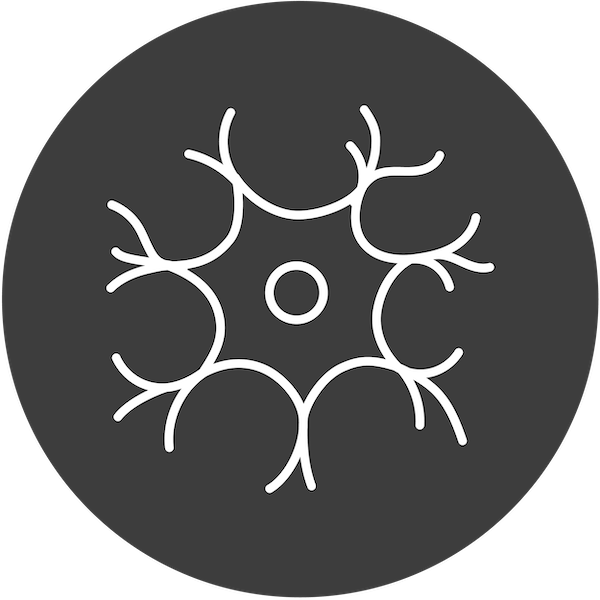
James S. McDonnell Foundation
$5.5 million in 1980 to establish the McDonnell Center for the Study of Higher Brain Function (renamed the McDonnell Center for Systems Neuroscience)
$5 million in 1983 to establish the McDonnell Center for Cellular and Molecular Neurobiology
$11 million total in subsequent gifts for both centers
The centers also help recruit and retain talented investigators. From 2016 to 2021, they contributed startup financing for 21 researchers in nine departments. And a revamped fellowship program sponsored by both centers offers incentives that supplement postdoc recruitment packages.
In recent years, studies sponsored by the centers have shown that Zika virus kills brain cancer stem cells, sleep deprivation accelerates Alzheimer’s disease, and poverty negatively impacts structural wiring in children’s brains.
“The centers help make our neuroscience community one of the best in the world,” said Linda J. Richards, PhD, director of the cellular and molecular neurobiology center, head of the Department of Neuroscience and the Edison Professor of Neuroscience. “For 40 years, they have been the glue that binds us together and moves us from good to great.”
A new gift from James S. McDonnell III and his wife, Elizabeth, through the JSM Charitable Trust will pave the way for additional advances. Their $25 million pledge to support neuroscience research at the medical school enhances the family’s legacy as a catalyst for biomedical discovery.
“This lifts all boats and enhances our ability to achieve breakthroughs.”
— Tamara G. Hershey, PhD
Published in the Winter 2023-24 issue



